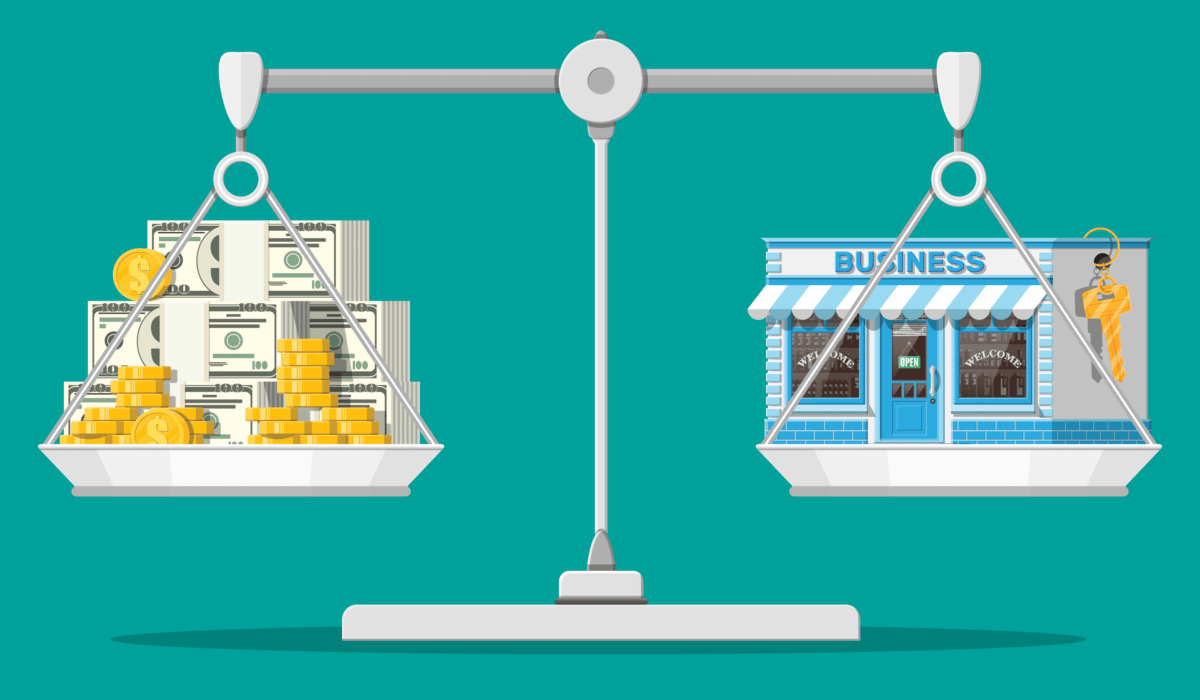Business goodwill is an essential concept in the realm of commerce, representing the intangible value that a company holds beyond its physical assets. It encompasses the reputation, customer relationships, and brand recognition that contribute to a business's overall worth. Understanding this concept is critical for entrepreneurs, investors, and business owners alike, as it can significantly impact valuations, mergers, and acquisitions. In this article, we will delve into the intricacies of business goodwill, providing a clear definition and exploring its various facets.
In a competitive marketplace, a company's ability to foster strong relationships with its customers and maintain a positive reputation can often be more valuable than its tangible assets. Business goodwill can be seen as the icing on the cake, enhancing the overall value proposition of a company. This article aims to shed light on the business goodwill definition while addressing common questions and misconceptions surrounding this important business asset.
As we navigate through the complexities of business goodwill, we will cover various aspects, including its components, how it is measured, and its importance in business transactions. Whether you are a seasoned entrepreneur or a newcomer to the business world, understanding business goodwill can provide valuable insights into effective management and strategic planning.
What is the Business Goodwill Definition?
The business goodwill definition can be summarized as the intangible asset that arises from the favorable reputation and customer relationships a company has built over time. It is the value of a company that exceeds its tangible assets, such as property, equipment, and inventory. Goodwill is often associated with the following characteristics:
- Brand loyalty and recognition
- Customer relationships
- Proprietary technology or products
- Employee expertise and experience
- Positive business reputation
How is Business Goodwill Created?
Business goodwill is created through various factors that contribute to a company's overall positive standing in the market. Some of the key elements include:
- Customer Satisfaction: Consistently delivering high-quality products and services can lead to positive customer experiences, fostering loyalty.
- Strong Brand Presence: Effective marketing strategies and brand positioning can enhance a company's visibility and reputation.
- Operational Excellence: Streamlined operations and exceptional service can create a competitive advantage, boosting goodwill.
- Community Engagement: Involvement in community initiatives can enhance a company's image and strengthen ties with local customers.
What are the Components of Business Goodwill?
Several components contribute to the overall business goodwill definition. Understanding these components can help business owners and managers recognize the intangible value they possess:
1. Brand Equity
Brand equity refers to the value derived from consumer perception of a brand. A strong brand can lead to customer loyalty and the ability to charge premium prices.
2. Customer Relationships
Long-lasting relationships with customers foster trust and loyalty, which can translate into repeat business and referrals.
3. Intellectual Property
Proprietary technology, patents, and trademarks can enhance a company's competitive advantage and contribute to goodwill.
4. Market Positioning
A strong market position allows a company to command a larger share of the market, enhancing its overall value.
Why is Business Goodwill Important?
Understanding the significance of business goodwill is crucial for several reasons:
- Valuation: Goodwill is a critical component in determining the overall value of a business during mergers and acquisitions.
- Attracting Investors: A strong goodwill can make a business more attractive to potential investors, as it indicates stability and growth potential.
- Competitive Advantage: Companies with higher goodwill can outperform competitors, as they benefit from customer loyalty and brand recognition.
How is Business Goodwill Measured?
Measuring business goodwill can be challenging due to its intangible nature. However, several methods can be employed:
1. Income Approach
This method estimates goodwill based on the expected future income generated by the business.
2. Market Approach
The market approach compares the business to similar companies that have been sold, providing a benchmark for assessing goodwill.
3. Cost Approach
This approach calculates the cost to recreate the intangible assets associated with goodwill.
What Happens to Business Goodwill During a Sale?
When a business is sold, goodwill is typically included in the sale price. It is important for both buyers and sellers to understand the implications of goodwill during the transaction:
- Buyers: Must assess the value of the goodwill to determine if the purchase price is justified.
- Sellers: Should highlight their goodwill to maximize the sale price and attract potential buyers.
Conclusion: Embracing Business Goodwill
In conclusion, the business goodwill definition encompasses the intangible factors that enhance a company's value beyond its physical assets. Understanding and nurturing goodwill is essential for long-term success in the business world. By focusing on customer relationships, brand equity, and operational excellence, businesses can create and maintain a strong goodwill that will serve them well in their growth and development. In a competitive landscape, business goodwill can be the differentiating factor that elevates a company to new heights.
Article Recommendations
- The Marvelous World Of Andrew Stevens
- The Definitive Guide To Judd Nelson Exploring The Life And Legacy Of A Hollywood Icon
- The Ultimate Guide To Seann William Scott From Stifler To A Star
:max_bytes(150000):strip_icc()/Goodwill-Definition-6b68b9485c394cb185b3097a8558a25e.jpg)

